The Perfectionism Trap: How to Break Free as a Parent
Motherhood can be one of the most gratifying and challenging tasks a woman can experience. Juggling the needs of your family, friends, job, and yourself is a daily balancing act. However, the added burden of perfectionism can make this already difficult experience feel insurmountable for many women. If you already struggle with perfectionist tendencies, that trend might continue into pregnancy and postpartum. Feelings of inadequacy, fatigue, and burnout can result from the ongoing need to be the perfect mother, partner, employee, and friend.
It's normal to want to do everything right when you become a new mom, which can be both exciting and overwhelming. However, if the focus becomes striving for perfection, it can lead to physical, emotional, and psychological distress. There are several ways perfectionism can reinforce negative, self-critical beliefs about how you're parenting. Becoming aware of these patterns can help relieve some of the internalized pressure you're feeling and allow you to focus on taking care of your needs and the needs of your baby.
One common thinking trap among moms struggling with perfectionism is an all-or-nothing mentality. This is the idea that something is either perfect or a total failure, which leaves little room for anything in between. Because we hold ourselves to unreasonable ideals and consistently fall short, this way of thinking can lead to feelings of disappointment and dissatisfaction.
Also, trying to be the "perfect mom" might stem from unrealistic expectations you're setting for yourself. If your expectations are based on what you see on social media, you might be setting yourself up for failure. If you're measuring your failures based on others' successes, you might not be considering the skills, strengths, and tools you have that make you a good parent.
So, how do you negotiate the difficulties of being a new mom while also dealing with perfectionism? By practicing self-compassion, resetting expectations for yourself and letting go of "shoulds," and seeking support.
Being a mom is a selfless act; you’re constantly giving and providing for your child. How often are you pausing to reflect on how much kindness and empathy you're giving yourself? Being a parent can be incredibly challenging at times, and being self-compassionate, especially in moments of greater stress and tension can reduce the negative thoughts that sometimes accompany moments of things not going the way we expect. We all make mistakes, and it's crucial to keep in mind that we're only human. Instead of blaming and criticizing ourselves, we should try to learn from our mistakes and practice self-forgiveness.
New moms are frequently bombarded with an endless list of "shoulds." You should sleep when the baby sleeps, you should breastfeed, you should use cloth diapers, and the list goes on and on. These "shoulds" can be burdensome and stir up feelings of inadequacy as parents. Giving up "shoulds" essentially means allowing ourselves to make our own decisions and trusting our instincts. It involves accepting that there is no right or wrong way to parent and that what works for one person may not work for another. It also means forgiving ourselves when things don't go as planned and acknowledging that we are doing our best. Surround yourself with individuals who will listen to you without judgment and who will support and encourage you and your parenting decisions.
Lastly, seeking therapy can be incredibly helpful in managing difficult thoughts and feelings about the challenges of motherhood. If you're battling perfectionism and it's interfering with your daily life, a perinatal therapist can help. Therapy for moms can help you manage your perfectionism and handle the obstacles of being a new parent by providing you with psychoeducation, techniques, and support.
Remember: this isn’t easy. This is all new. It's normal to want to get everything just right. You'll make some mistakes along the way, and that's normal. Learn to trust your intuition, give yourself grace, be open to change, and surround yourself with your support system.

